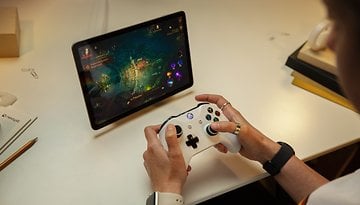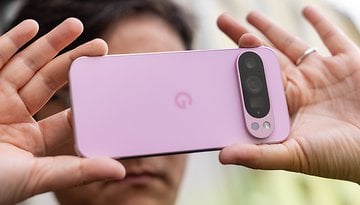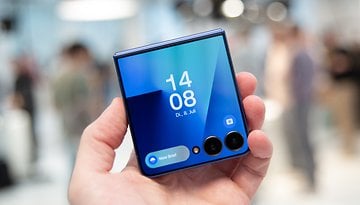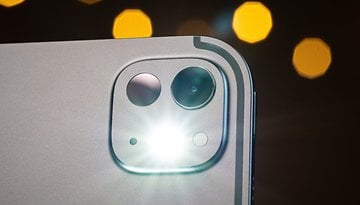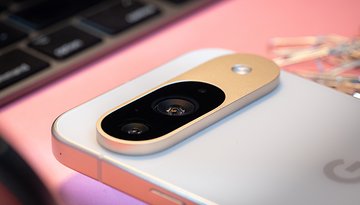Under the knife with 5G: the future of remote surgery
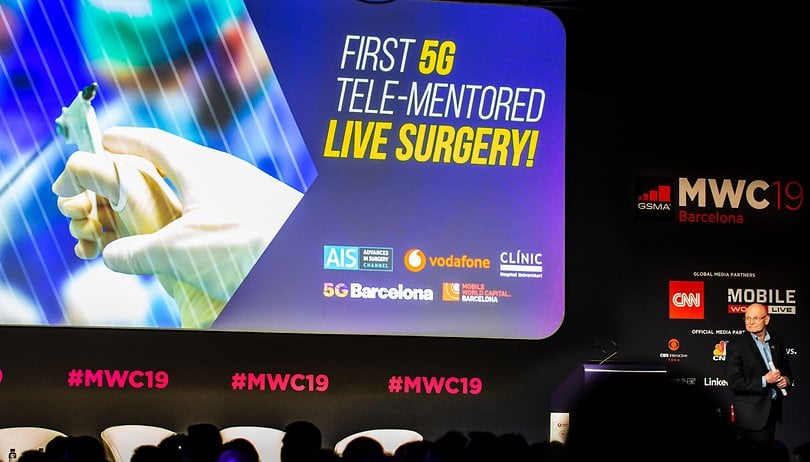

How will 5G change our lives? A question that, these days, we heard all the time but which is not easy to answer. Not unambiguously at least. During this MWC we are trying to get a better idea of the subject and that's why I took part in the real-time demonstration of the first guided surgery live through 5G.
5G in the operating theater
The arrival of 5G will reduce latency periods and increase image quality and definition. These two factors can really make a difference in the medical field because they will allow doctors to make important decisions, sometimes vital, in a short time and with the greatest possible amount of information available.
Thanks to 5G, it will be possible to guide an operation from a distance and thus reduce the number of unsuccessful surgeries. The ability to be guided remotely by experts in critical situations can really change our lives, sometimes lengthening them.
We wanted to see this for ourselves. In one of the auditoriums of the Mobile World Congress, Antonio de Lacy, head of the Department of gastrointestinal surgery and Coordinator of the colorectal cancer unit of the Hospital Clínic of Barcelona, and his medical team, did just that.
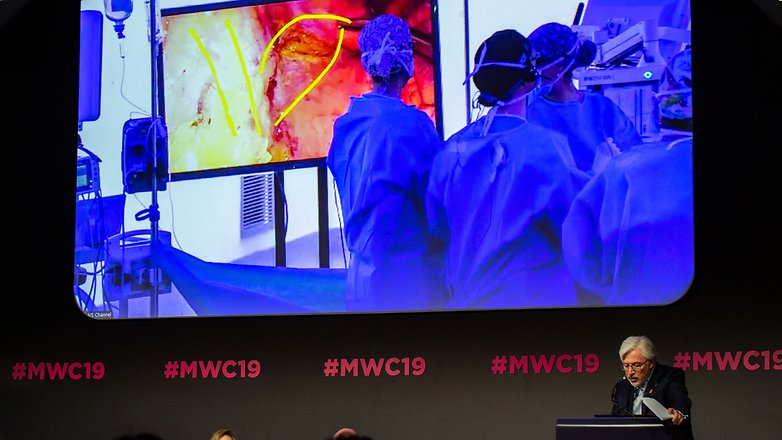
"Remote surgeon" is the name of the project that allowed the use of the Optimus operating room of the Clínic Hospital as a testbed. The surgeon specialist directed the surgery remotely in real time, without being physically present in the operating room. The surgeon, Raquel Bravo, was operating on the patient due to a disease in the colon. The images and the communication between the two sides were clear during the demonstration. The trial did not follow the entire operation but only a few moments.
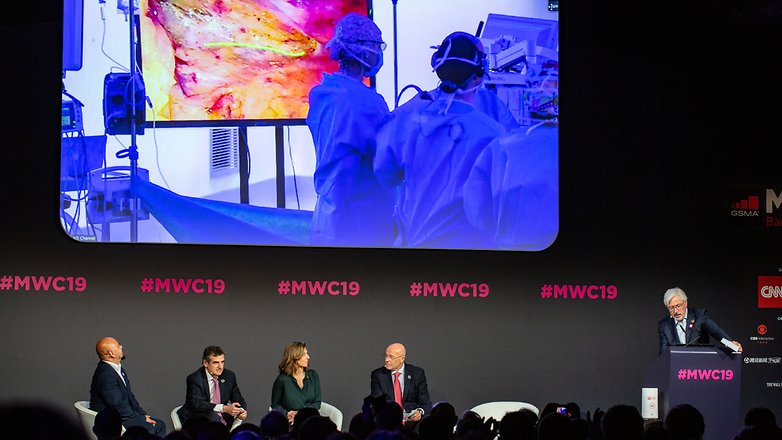
Collaboration with Vodafone
Remote assistance was possible thanks to the reduction of the latency that the 5G allows. The operating room of the Clínic Hospital has been adapted and, thanks to the combination of different technologies including the AIS Channel which records in audio-visual format what is happening in the room and sends the information in real time to the surgeon from afar, the doctor in the room has an eye on the complete condition of his patient.
This interesting demonstration required the participation of Vodafone, which supported the operation by optimizing the latency. As a result, I was able to watch with my own eyes part of the live operation on the screen of the auditorium of the Catalan fair. it was a really interesting experience that opened my eyes to the potential of 5G and the importance that carriers have and will have to make this and other changes possible.
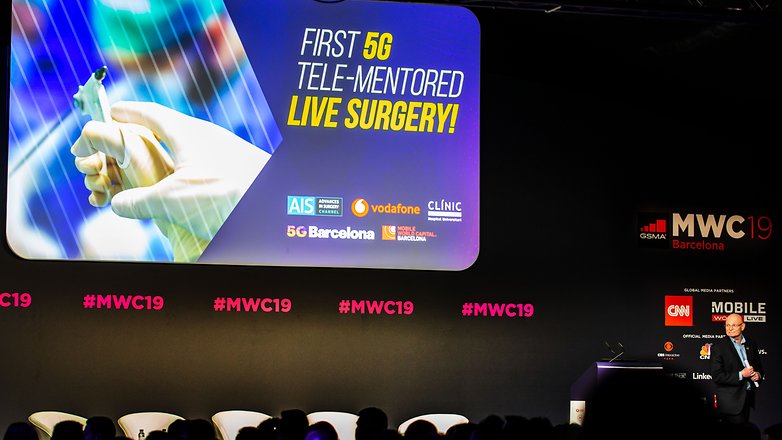
A step towards the democratization of know-how
At the Mobile World Congress, we talked a lot about 5G and its social impact but the one shown by Dr. Antonio de Lacy is probably one of the best examples, as well as the most tangible which I have encountered in recent days.
"The dream is to do remote operations in the future and this is the first step to get there," commented Dr. Josep Maria Campistol, CEO of the Clínic Hospital in Barcelona, during the conference.
"This surgical intervention marks a before and after in the world of medicine. The Hospital Clínic has always opted for technological innovation and it is a pride that our hospital is the first in our country to have 5G technology. We have started with remote surgery and we are convinced that 5G, a faster and safer technology, will help us in the remote control of different situations that will facilitate the day to day of healthcare professionals and patients and will allow us to develop new projects that will be of great interest to society."
Remote assistance is the first step in this direction, but the real result of the dissemination of 5G will be the democratization of the know-how and techniques of surgery that will increase the success rate of operations.
When will all this happen? It is also difficult to predict it because for now, 5G is a sort of oasis in the desert. Operators, companies and governments will have to work together to make the benefits of 5G real and tangible in different sectors and the results will not be seen in all countries at the same time. The demonstration between the Clínic Hospital in Barcelona to the Mobile World Congress is undoubtedly a good starting point, but the road ahead is still long.
What do you think of 5G?






